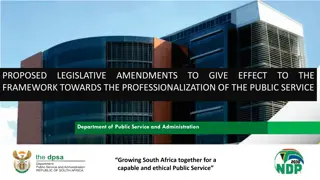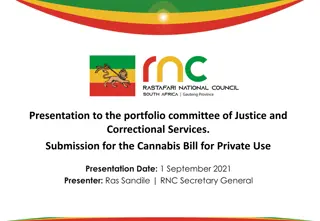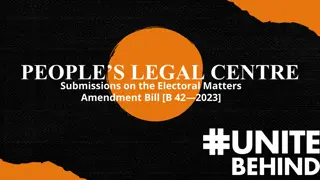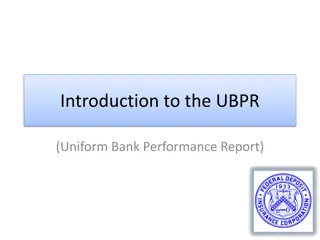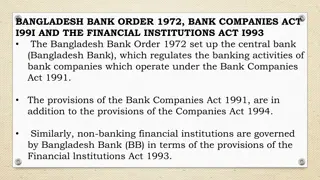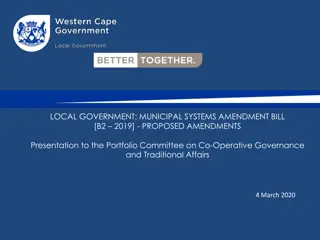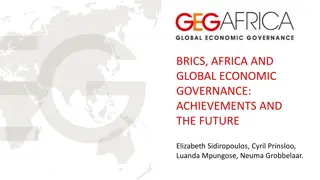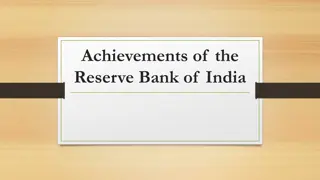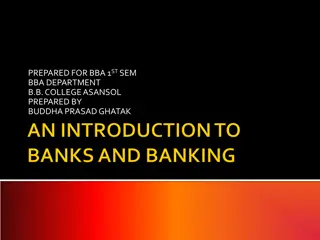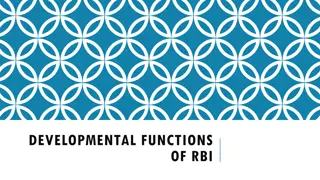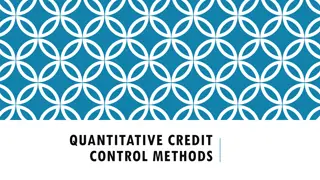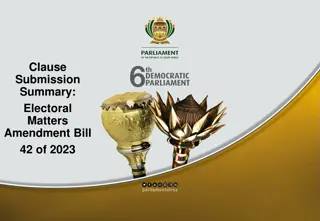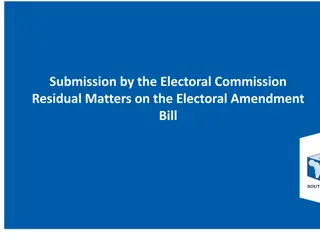Presentation of South African Reserve Bank Amendment Bill to Joint Committee
The Economic Freedom Fighters (EFF) presented the South African Reserve Bank Amendment Bill to amend the current ownership structure allowing private individuals, including foreigners, to own shares in the South African Reserve Bank. The presentation emphasizes the need for legislative actions within the constitutional framework, highlighting the role of Parliament in shaping the governance of the central bank. It calls for amendments to enhance the bank's role in the African continental free trade area.
- South African Reserve Bank
- Amendment Bill
- Ownership Structure
- Economic Freedom Fighters
- Legislative Action
Download Presentation

Please find below an Image/Link to download the presentation.
The content on the website is provided AS IS for your information and personal use only. It may not be sold, licensed, or shared on other websites without obtaining consent from the author. Download presentation by click this link. If you encounter any issues during the download, it is possible that the publisher has removed the file from their server.
E N D
Presentation Transcript
SOUTH AFRICAN RESERVE BANK AMENDMENT BILL Private Members Bill Presentation to the Joint Committee of Standing Committee of Finance and Select Committee on Finance
SOUTH AFRICAN RESERVE BANK AMENDMENT SOUTH AFRICAN RESERVE BANK AMENDMENT BILL BILL The Economic Freedom Fighters (EFF) hereby introduces the South Africa Reserve Bank Amendment Bill, which will effectively amend the South African Reserve Bank Act No.90 of 1989. In its current form, the South African Reserve Bank Act allows private individuals, including foreigners, to own shares of the South African shareholders based on the share capital of the Bank. The private shareholders through acquired shares, in terms of the South African Reserve Bank Act, have some role to play in the governance of the South African Reserve Bank, including the election of the directors, and receive dividends from the Bank s profits.
THEMATIC/PAROCHIAL LEGISLATION. THEMATIC/PAROCHIAL LEGISLATION. WHILST THERE ARE ONGOING DEBATES ON THE ROLE AND INDEPENDENCE OF THE SARB, This presentation is not dealing with that, we are dealing with the ownership component of the SARB. There are various authentic and correct debates on the mandate of the SARB and its policy direction, and there is absolutely nothing wrong with whoever to make contributions to the discourse. As Lawmakers, we make laws and oversee the executive, and we are within our rights to make, repeal, amend and change laws. Even the current legislation and constitutional clauses that govern the SARB is a product of a political process. There is no law in SA that is cast on stone, and from time to time we will engage. As the oldest central bank in the African continent, possibly with sophisticated and advanced capacity, the SARB should play a leading role in the pan continental common currency and common payment system to realise an efficient African continental free trade area. AACB, which in the immediate must look into regional macroeconomic convergence criteria.
CONSTITUTIONAL CONTEXT CONSTITUTIONAL CONTEXT Section 42 (3) of the Constitution says, The National Assembly is elected to represent the people and to ensure government by the people under the Constitution. It does this by choosing the President, by providing a national forum for public consideration of issues, by passing LEGISLATION and by scrutinizing and overseeing executive action . SECTION 43 (1) says, In the Republic, the legislative authority (a) of the national sphere of government is vested in Parliament, as set out in section 44 . Section 44 (4) says, When exercising its legislative authority, Parliament is bound only by the Constitution, and must act in accordance with, and within the limits of, the Constitution . Whilst there is a persuasive argument for amending the constitution in relation to the central bank, that is not what we are dealing with today.
What is the SARB The SARB IS CENTRAL BANK, AN AUTONOMOUS financial institution given privileged/MONOPOLY control over the production and distribution of money. IT ACCOUNTS TO PARLIAMENT. THE SA RESERVE Bank IS owned by private individuals with the following mandate. To protect the value of the currency in the interest of balanced and sustainable economic growth IN TERMS OF Financial Sector Regulation Act, which came into effect in August 2017, mandates the SARB to maintain, promote and enhance financial stability in South Africa. The SARB is one of about 9 central banks that still have private shareholders, THE REST ARE STATE OWNED. THE SARB 2 million shares in issue Over the past 3 years, average profit for the SARB has been VARIED FROM BETWEEN R1.2 billion AND R5 BILLION a year. ONCE MADE THE PROFITS. Dividends capped at 10 cents a share (maximum payout of R200 000 a year). 90% of any remaining surplus is deposited to government, national revenue fund - After setting aside contingencies, reserves, tax etc.
ROLE OF THE SARB. ROLE OF THE SARB. Issues banknotes and coin Regulates and supervises certain entities in the financial system, insurers, banks. PERMITS/LICENCES BANKS AND INSURANCE COMPANIES TO EXIST. Ensures the effective functioning of the National Payment System Manages the official gold and foreign exchange reserves of the country Administers the country s remaining exchange control regulations Acts as banker to the government. It owns a bank. Still a shareholder of AFRICAN BANK, regulator and shareholder. Competition issue.
The SARB in the current environment. The SARB in the current environment. The South African Reserve Bank through the prudential authority presides over one of the most untransformed sectors of the economy, the financial sector which includes banks and insurance companies. Banks and insurance companies are owned by the white minority and are always engaged in practices of racial profiling where black people are treated unfairly. The South African banking sector is dominated by five large banks, which collectively hold 90.5% of the total banking sector assets as at 31 March 2019. The SARB presides over one of the most sophisticated multinational illicit financial flows, tax avoidance and base erosion. THE SARB Has reserves that are managed by private asset management companies and these asset managers are almost 100% white owned and controlled. The SARB IS TOOTHLESS, EVIDENCED BY ITS INACTION WHEN BANKS FIXED THE CURRENCY. The SARB is responsible for reproduction of apartheid economic inequalities.
What is the problem? What is the problem? "Once a nation parts with the control of its currency and credit, it matters not who makes the nation s laws. Usury, once in control, will wreck any nation. Until you control the issue of currency and credit is restored to government and recognized as the most sacred responsibility, all talk of sovereignty of parliament and of democracy is idle and futile . Prime Minister McKenzie King in 1935. ONE OF THE DANGEROUS BUT VERY POWERFUL FAMILIES IN THE WORLD, THE Rothschilds said, Permit me to issue and control the money of a nation, and I care not who makes its laws . A significant number of current shareholders of the SARB are not the people of South Africa and majority is white people. The current owners of the SARB DO NOT REFLECT THE DEMOGRAPHICS OF SA, AND WE ARE PROPOSING A LAW, AN AMENDMENT THAT WILL TAKE SHARES FROM 800 ODD PRIVATE SHAREHOLDERS TO 57 MILLION SOUTH AFRICANS.
PROBLEM STATEMENT PROBLEM STATEMENT The cornerstone of the ownership and control of the state by THE white capitalist ESTABLISHMENT has always been the financial sector through formal and informal influence over the South African Reserve Bank. Leading officials in the financial system of the country have always been appointed by THE WHITE CAPITALIST ESTABLISHMENT, and ownership of shareholding in the South African Reserve Bank legitimate these appointments. Oversight over private banks whom through proxies and network of complex and often illicit ownership is weakened, and we have witness these as the Bank fails to deal with aggressive illicit financial flows and corruptions facilitated by banks. Even when banks engage in currency manipulations, the CENTRAL Bank fails to act decisively.
CENTRAL BANKS OWNERSHIP GLOBALLY CENTRAL BANKS OWNERSHIP GLOBALLY There are just over 240 central banks (also known as Reserve Banks) in the world. AN ABSOLUTE MAJPRITY central banks are owned by the state as a sole owner, a combination of state and private shareholders, and/or a combination of the state, other private shareholders and private banks. Almost all of the central banks created in post-colonial states were established fully state-owned. By the end of the 20THcentury, just a handful of central banks with private sector shareholders remained.
CENTRAL BANKS NOT FULLY OWNED BY CENTRAL BANKS NOT FULLY OWNED BY GOVERNMENT GOVERNMENT Only 9 out of more than 240 central banks HAVE private shareholders or are privately owned: These are: 1. Belgium state owns 50% 2. Greece state owns 35% 3. Italy state owns 0% 4. Japan state owns 65% 5. San Marino state owns 67% 6. South Africa state owns 0% 7. Switzerland state owns 51% 8. Turkey state owns 51% 9. United State state owns 0% South Africa is ONE of the 3 countries in the world with a central bank where the state does not own shares.
PURPOSE OF THE AMENDMENTS PURPOSE OF THE AMENDMENTS To make the state the sole shareholder of the shares in the SA RESERVE BANK Bank. To provide for the appointment of the board of directors, the tenure of the office of the appointed directors, and give the Minister the power to make regulations related to the appointment of appointed directors. To give the Minister of Finance the power to appoint auditors of the Bank.
SECTIONS AMENDMENTS SECTIONS AMENDMENTS Section 4 of the Act current sections provide for shareholders to elect seven directors. The proposed amendment seeks to empower the Minister to appoint the directors of the Board and to provide for how the nominations of those directors should be done. Section 4A of the Act current sections provide for submission of annual financial statements of the bank to be submitted to shareholders. The proposed amendment seeks to provides for annual financial statements to be submitted to the Minister of Finance and Parliament. Section 5, 6 and 9 of the Act current sections provide tenure and conditions of office of directors elected shareholders, filling of vacancies and validity of board decisions. The proposed amendments seek to align the appointment process of the board of directors in line with the state proposal that the state be the sole holder of the shares the bank.
SECTIONS AMENDMENTS.(Continue) SECTIONS AMENDMENTS .(Continue) Section 10 of the Act the current section provide for the Bank to form shares. The proposed amendment seeks to remove the power of the Bank to form shares as it will be owned by the state. Section 13 of the Act the current sections provide for prohibited businesses that the Bank may not engage in. The proposed amendment seek to remove these prohibitions in line with the proposal to make the state sole holder of the shares in the Bank and these become inconsequential. Sections 21 of the current Act the current provision provide for the bank to have share capital of two million rand divided into two million ordinary shares of one each rand. The proposed amendments makes the state the sole holder of shares in the Bank and proposes that the rights attached to those shares be exercised by the Minister on behalf of the State.
SECTIONS AMENDMENTS.(Continue) SECTIONS AMENDMENTS .(Continue) Section 30 of the Act current sections provides for the shareholders to elect two firms of public accountants, to act during that year as auditors of the Bank. The proposed amendments seeks to empower the Minister to appoint firms of public accountants to act as auditors of the Bank. Section 32 and 33 of the Act current sections provides for the Bank to submit list of shareholders and number of shares held by each shareholder. This sections become inconsequential inline with the proposal of the State as a sole share holder of the Bank.
WHAT WE AIM TO ACHIEVE THROUGH A STATE WHAT WE AIM TO ACHIEVE THROUGH A STATE OWNED CENTRAL BANK OWNED CENTRAL BANK The South African Reserve Bank as one of the apex of the financial system in the country should be democratically owned by the people as a whole as a necessary and important building block towards complete overhaul of the currently white owned financial sectors. A nationalised South African Reserve Bank together with state-owned banks in various sector dismantle the current banking concertation of the banking sector dominated by five large banks. A state owned SARB must pursue decisive transformation of the financial sector in a manner that will change its current dominance of descendants of colonial settlers.
CURRENT SHAREHOLDERS CURRENT SHAREHOLDERS The Bank currently has 802 shareholders, and they must be expropriated in favour of 57 million people. These include Mr. Tito Mboweni who has 10 000 shares, DA Shadow Minister of Finance Hill Lewis who has a paltry 10 shares, Anton Rupert Trust, ABSA BANK Limited, Discovery Limited, FIRST RAND BANK Limited, NEDCOR Limited. Owners from Australia, Switzerland, Germany, UK, NORWAY, ZIMBABWE, NAMIBIA. Admittedly, there is no massive financial benefits that accrue to the current shareholders, so there will never be a sound claim for compensation. The shares belonging to the current shareholders should be expropriated without compensation.
CONCLUSION CONCLUSION IN CONCLUSION WE HAVE TO DISMISS THE MYTHS AND URBAN LEGENDS ASSOCIATED WITH THE NATIONALISATION OF THE SARB. 1. IT WILL COST SOUTH AFRICA BILLIONS OF RANDS TO NATIONALISE THE SARB, currently each of the 2 million shares is R10, meaning that in total the shares issued by the SARB is R20 million, meaning that no one has paid billions to gain shares, so why would you claim billions as compensation. AND the highest dividend each shareholder is entitled is R1000 per shareholder, why would you claim billions if you were only entitled to R1000 per year? 2. FOR TRUE SOVEREIGTY AND AUTONOMY, THE SARB MUST BE TRANSFERRED TO THE OWNERSHIP OF THE STATE. 3. THE NEXT DEBATE WILL BE ON ITS MANDATE.
CONCLUSION CHAIRPERSON: IT IS TRUE THAT WHAT WAS GAINED IN 1994 SO CALLED DEMOCRATIC ELECTIONS WAS JUST TRANSFER OF POLITICAL POWER WHILST ECONOMIC POWER AND CONTROL REMAIN IN THE HANDS OF FEW PEOPLE. WE PRESENT AN IMPORTANT LEGISLATIVE MILESTONE IN THE JOURNEY THAT SHOULD TRANSFORM SOUTH AFRICA S ECONOMY. THANK YOU.


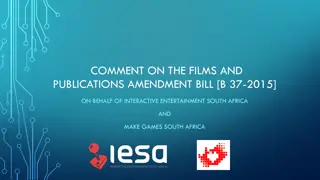
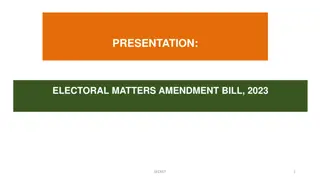
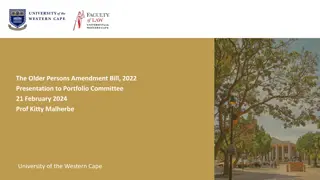

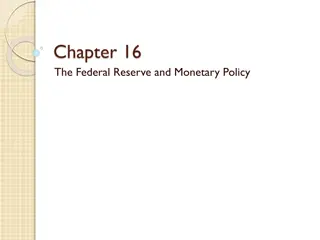


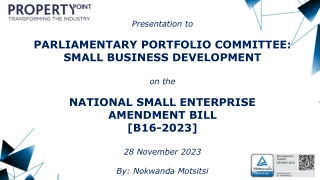
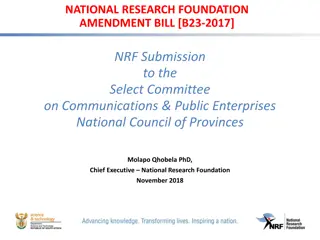

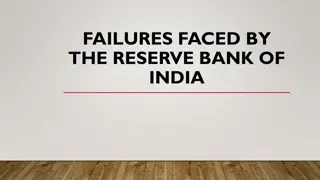


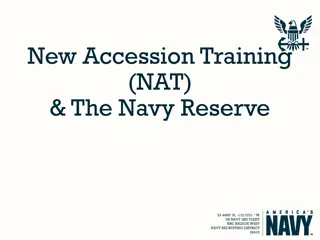
![Briefing on the Criminal Procedure Amendment Bill [B12-2021] to the Portfolio Committee on Justice and Correctional Services](/thumb/157093/briefing-on-the-criminal-procedure-amendment-bill-b12-2021-to-the-portfolio-committee-on-justice-and-correctional-services.jpg)
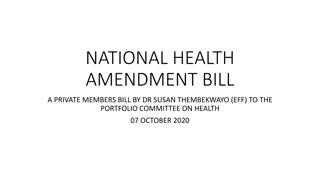

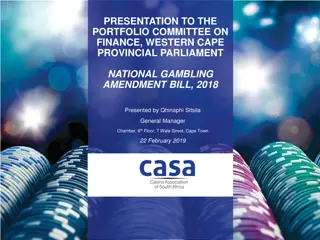
![RE: ELECTORAL MATTERS AMENDMENT BILL [ B42-2023]](/thumb/18837/re-electoral-matters-amendment-bill-b42-2023.jpg)


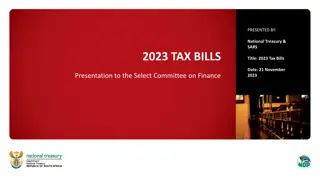

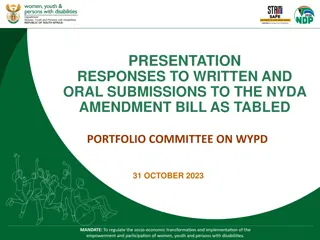
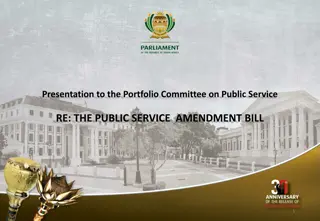

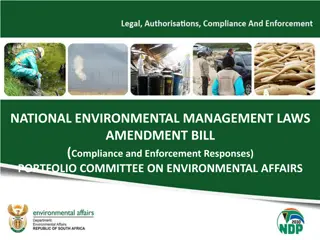
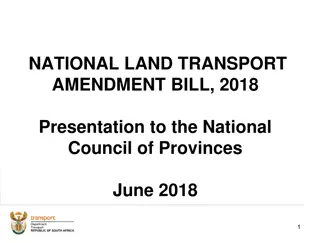
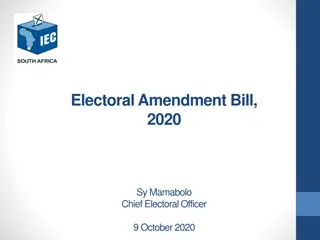
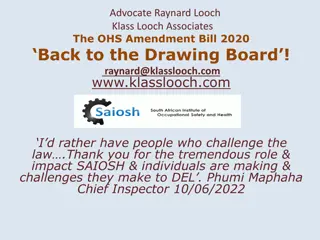
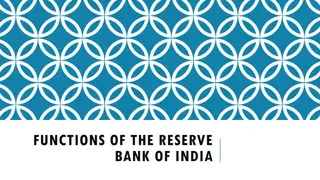
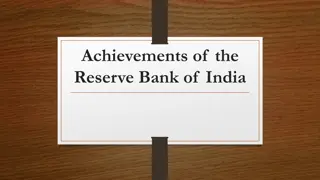
![Enhancing Corporate Transparency: Analysing The Companies Amendment Bill [B27B-2023]](/thumb/60028/enhancing-corporate-transparency-analysing-the-companies-amendment-bill-b27b-2023.jpg)
